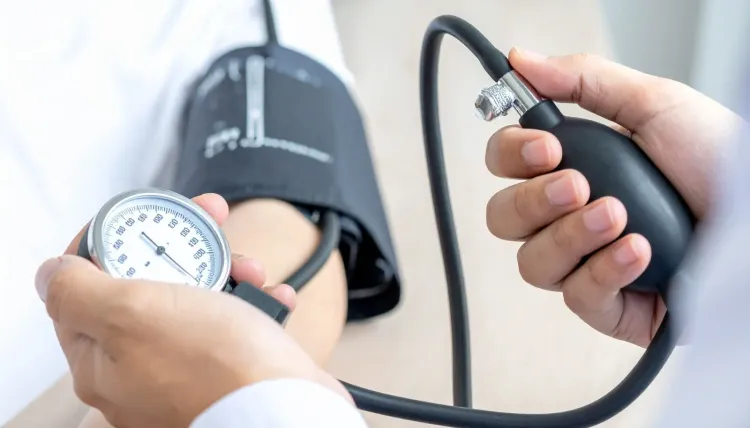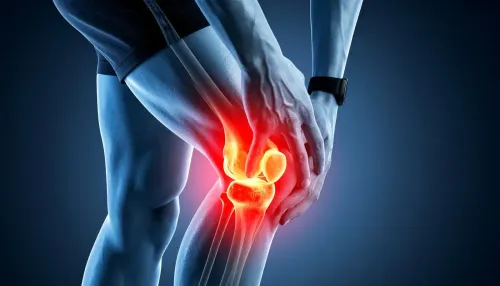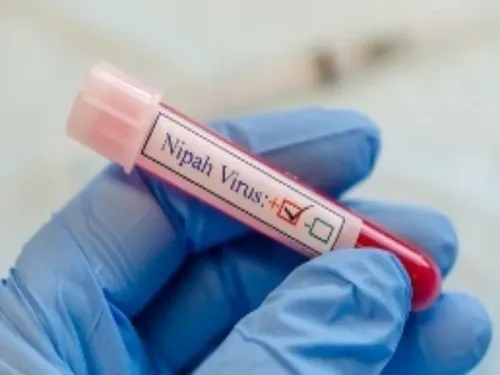How Can a New Online Tool Change Hypertension Treatment?

Synopsis
Key Takeaways
- Groundbreaking tool for hypertension management
- Personalized treatment based on patient needs
- Utilizes data from over 500 clinical trials
- Classifies treatments by intensity
- Addresses the global health challenge of high blood pressure
New Delhi, Aug 29 (NationPress) A global team of researchers from India, Australia, the US, and the UK has introduced an innovative online tool that has the potential to revolutionize the management of hypertension. This tool enables physicians to tailor treatments for each patient based on their specific blood pressure reduction needs.
The 'blood pressure treatment efficacy calculator' is developed using data from nearly 500 randomized clinical trials involving over 100,000 participants. It provides insights into how various medications are expected to impact blood pressure levels.
“The significance of managing high blood pressure effectively cannot be overstated. Achieving optimal control necessitates a thorough understanding of the effectiveness of antihypertensive medications at different dosages and combinations. Without a clear objective and a strategy to achieve it, we are unlikely to meet our goals. While guidelines set the target blood pressure, our online tool assists in determining which antihypertensive agents are most suitable for achieving that target,” remarked Dr. Mohammad Abdul Salam from The George Institute for Global Health, Hyderabad.
Typically, a single antihypertensive medication, which remains the most prevalent initial treatment method, reduces systolic blood pressure by only 8-9 mmHg, while most patients require reductions of 15-30 mmHg to meet optimal targets.
Nelson Wang, a cardiologist and Research Fellow at the Institute, highlighted that the conventional approach involves direct blood pressure measurement and subsequent treatment adjustments. However, BP readings can be excessively variable, or ‘noisy,’ making them unreliable.
The newly developed tool, discussed in research published in The Lancet, addresses this issue by calculating the average treatment effect observed across hundreds of trials.
It also classifies treatments into low, moderate, and high intensity based on their blood pressure-lowering effects—an approach already commonly used in cholesterol management.
High blood pressure stands as one of the most significant health challenges globally, impacting around 1.3 billion individuals and resulting in approximately ten million deaths annually.
Often referred to as the silent killer, it may go unnoticed until it culminates in a heart attack, stroke, or kidney disease. Alarmingly, fewer than one in five individuals with hypertension have it under effective control.










